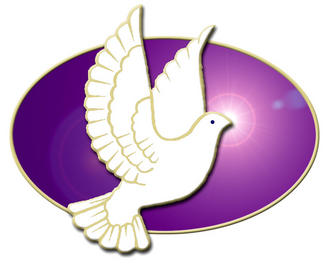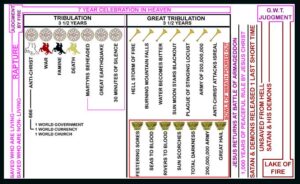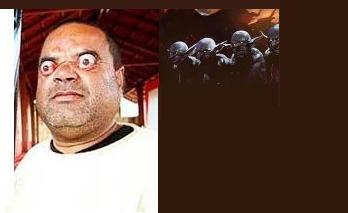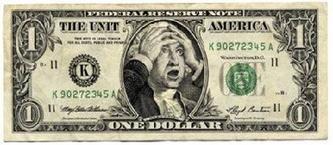What does it mean to be a leader?
A leadership that is well defined is the need of the hour. A leader is someone who is entrusted with
the authority to say the final word, ‘yes,’ ‘go,’ ‘do,’ etc. A leader is the one who conducts others as
a guide to accomplish a definite task. For example, a person who takes the lead in a business or
movement is recognized as the leader of that business or movement. Today people go after those
who perform well as leaders and praise those who produce much result. You must discern that
leadership is not defined by performance or by the results, but by the character. What is a leader
by his or her heart? 1 Samuel 16:7 says that we are not to focus on the outward features. The Lord
is concerned with one’s inner disposition and character (Luke 16:15; John 2:25). You are a leader
not by what you do or how you do, but by what kind of a person you you’re your leadership must
flow from your life. Leadership is more than a title or position; it is your inner motivation to
achieve predetermined objectives. To lead means to show the way by going first and not by chasing
people behind. A leader is like a shepherd who leads his sheep from the front. The one who drives
his sheep ahead from behind is a butcher. To lead means ‘to show the way’ or ‘go in front.’ It is an
oft-quoted statement, “A leader is the one, who knows the way, shows the way and goes the way.”
Such a leader is someone who leads by being in the forefront as an example. Leadership is
mobilizing, motivating, influencing, and inviting people to follow example. Henry Miller said, “The
real leader has no need to lead; he is content to point the way.”
What is Leadership?
David W. Bennett in his book, Leadership Images from the New Testament says that leadership is
a process of influence. Those in leadership should never try to influence others by power, money or
pressure, which will not last. People must follow the decision taken by their leaders just because
they are godly. Jeff Jernigan defines a leader as, someone who influences others to follow a
decision or course of action through strength of character. An effective leader is the one who
influences others by the strength of his or her character. Myron Rush in his practical book, The
New Leader-A Revolutionary Approach to Effective Leadership, defines a leader by using the life
of Christ as an example, as one who recruits people to follow his example and guides them along
the way while he is training them to do what he does. Effective leaders train followers by their
example, to do what they do. Their purpose is to help followers become leaders like themselves.
Efficient leaders will never command of demand, but always appeal. An exemplary leader is the
one who identifies himself with his or her followers. Spiritual leadership is always operated on the
basis of love and appeal and not on the basis of demands and commands. Paul Beasley-Murray
defines a leader as the one who works as a senior partner with other members to achieve the task,
build the team, and meet individual needs. An effective leader is the one who works along with
others as a senior partner. He or she works with the team and is devoted to build the team. Such
leaders care for their team members and are committed to meet personal needs and welfare. John
Maxwell in his captivating book, The 21 Irrefutable Laws of Leadership, sums up his definition of
leadership, as “leadership is influence – nothing more, nothing less.” This talks about the ability of
the leader to influence both his or her followers and those outside that circle. The capability of the
leaders to influence always depends on their character that absorbs integrity and trustworthiness.
According to Oswald sanders, the spiritual leader, however, influences others not by the power of
his own personality alone but by that personality irradiated, interpreted and empowered by the
Holy Spirit. Because he permits the Holy Spirit undisputed control of his life, the Spirit’s power can
flow through him to others, unhindered. One’s personality is valued in leadership, but it is a
personality that is surrendered to and empowered by the Holy Spirit. It is a spirit filled personality.
Education is needed, training is necessary, experience is desirable, but fullness of the Holy Spirit is
a must for Christian leadership. An effective leadership is the one that follows Christ as its best
example having His attitude of self sacrificing humility and love for the followers (Philippians 2:5-
8). Peter Wiwcharuck in his helpful guidebook, Building Effective Leadership, writes that a
Christian leader can be truly great only when he or she models Jesus Christ, our Leader.
In brief, we can say that an effective and vital leader should be an authentic Christ-like leader.
Twenty-first century Church looks for leaders who have the attitude of Christ. If you can clearly
describe who you are and what you are in regard to leadership, you can lead effectively!




















